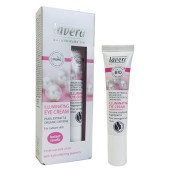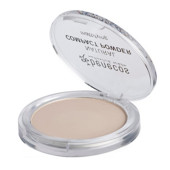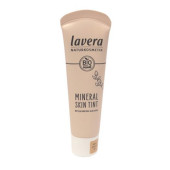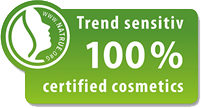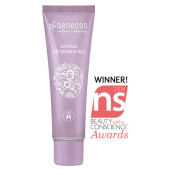Mineral vs. Chemical Absorption
Mineral sunscreens build a physical protective layer on the skin's surface, providing immediate protection against UVA and UVB rays. Synthetic sunscreens, on the other hand, are absorbed into the skin and body and take 20-30 minutes to shield skin—and typically less effective against UVB rays.
Understanding UVA / UVB
While the majority of sunscreens claim to offer broad-spectrum" UVA and UVB protection, the U.S. requires that the SPF rating only measure the level of UVB protection. Though shielding skin from UVB rays is essential—the harmful rays penetrate the upper layers of the skin and cause sunburn—UVA rays constitute 98.7% of the total UV rays emitted by the sun and deeply penetrate the skin to cause skin cancer, aging, and collagen damage.
Self tanners are NOT sunscreens!
FDA warning notice for ALL Self Tanning products: These product do not contain a sunscreen and does not protect against sunburn. Repeated exposure of unprotected skin while tanning may increase the risk of skin aging, skin cancer, and other harmful effects to the skin even if you do not burn. Natural self-tanners use a natural sugars to change the tone of the skin.
More General Sun Safety Tips
Don't be skimpy
How much sunscreen is enough? Use it liberally and apply it evenly over all your exposed skin to ensure complete coverage. We recommend one ounce of natural mineral sunscreen per application. Reapply as needed.
Manage your timing
Avoid exposure to the sun when its rays are strongest, between 10 a.m. and 2 p.m.
Slather it on
Reapply and repeat often. Massage on another layer of sunscreen as needed — and be sure to reapply after swimming, perspiring, vigorous activity or toweling off.
Think beyond the beach
Remember that the sun's rays bounce off snow, concrete and water, as well as sand. Smart sun care is important in all climates and every season. People often get a sunburn on cloudy days when they omit sunscreen.
Mind the easy to forget areas
It's easy to overlook spots like your ears, shoulders, lips, tops of your feet and the back of your neck, but they need sunscreen too. So does your scalp if you're bald or have thin hair.
Babies need extra tender care
Take particular care of babies and children in the sun, and always ensure they are wearing clothing and a hat for extra protection. Pediatricians recommend babies under 6 months stay in the shade and receive minimal exposure to direct sunlight.
Be a shade seeker
Shield yourself from the sun's rays whenever possible: Stay in the shade to limit exposure.
Pregnancy
Natural sunscreens are especially important for pregnant or breastfeeding women. Studies have shown that the chemicals in synthetic sunscreens can accumulate in the body, and can mimic the effects of estrogen. They have even been found in breast milk.



